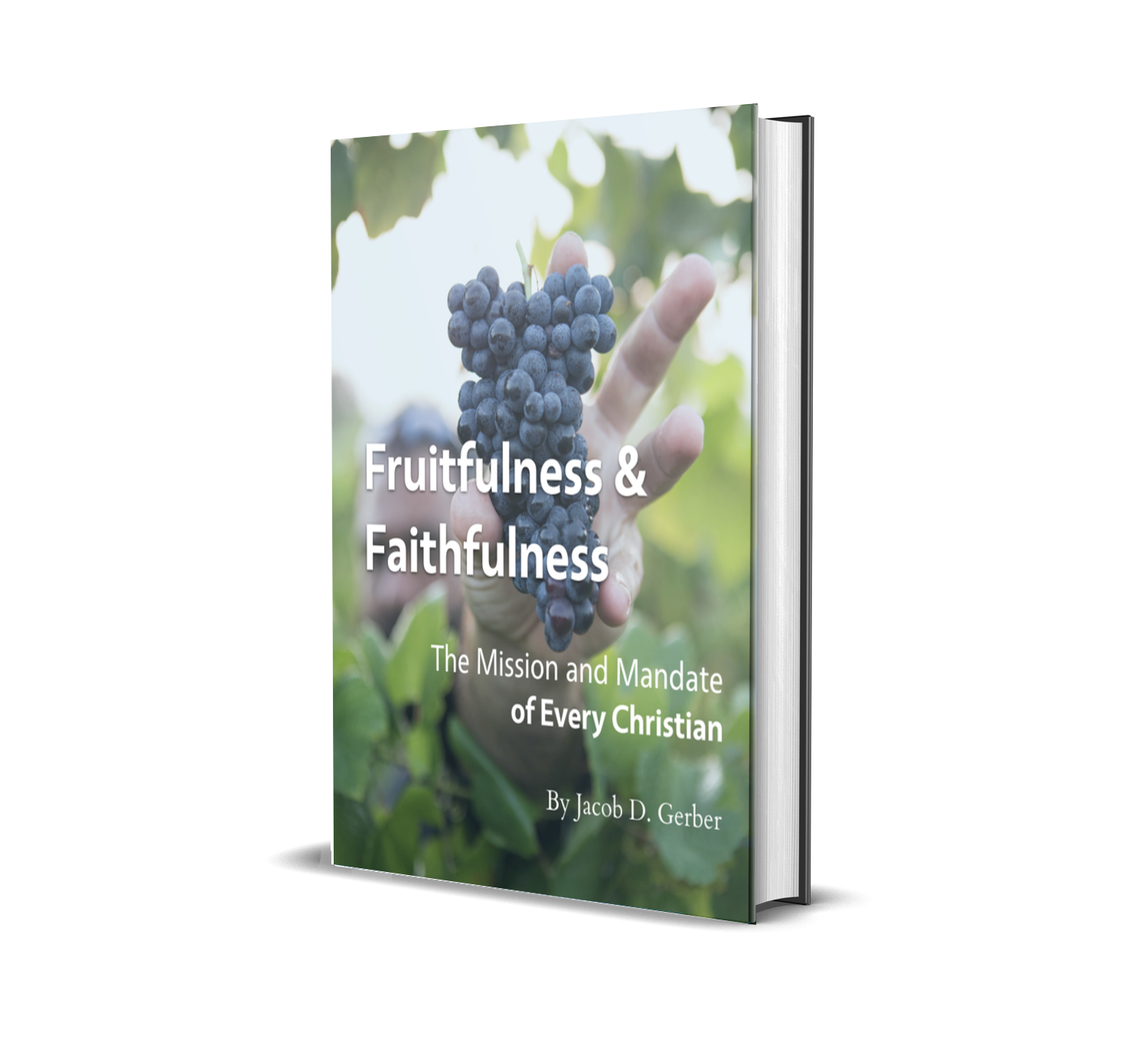The Ten Commandments – Part 1 (Discipleship Training)
Or, read my introductory post on discipleship training here.
The Ten Commandments – Part 1: The categorically Bible affirms the goodness of God’s law. Certainly, we cannot be justified (counted righteous) through our own attempts to obey God’s law, for we are born guilty before the law because of Adam’s original sin. We are saved by faith alone, in Christ alone, by grace alone.
Nevertheless, the fact that we are saved by faith (and not by works of the law) does not mean that God has abolished the righteous standard of his law. Christians do not do away with the law; rather, we approach the law by what theologians call the “Third Use” of the Law—as a tool for training us in righteousness. (First Use: a mirror to show us our need of Christ; Second Use: as a bridle to restrain wickedness in the world.) We know that the law has no inherent power to transform us (only the Spirit of God can do that), but we also affirm that the law shows us what we should do, and who we should be.
In this study, we will begin our exploration of the Ten Commandments as a summary of God’s moral law.
Training Objective
To see the Ten Commandments as a righteous summary of God’s moral law, and to understand how to understand the fullness of God’s moral law in light of their summary in the Ten Commandments.
Scripture
Read and discuss:
- Exodus 20:1–2: The preface to the Ten Commandments indicate that the Ten Commandments are given in the context of God’s covenant with us.
- Matthew 5:21–26: The Sixth Commandment forbidding murder also condemns hatred and anger.
- Matthew 5:27–32: The Seventh Commandment forbidding adultery also condemns lust and groundless divorce.
- Matthew 5:33–37: The Ninth Commandment forbidding bearing false witness also condemns swearing oaths that we are beyond our power to fulfill.
- Amos 8:5–6: Breaking the Fourth Commandment to keep the Sabbath holy cultivates the kind of greed that leads toward stealing—including man-stealing.
- Colossians 3:5: Covetousness (Tenth Commandment) is idolatry (First and Second Commandments).
- Ephesians 4:28: The Eighth Commandment against stealing not only negatively forbids theft, but positively requires us to help former thieves work honestly so that they may generously share with anyone in need.
Doctrine
Read and discuss:
Discussion Questions
- What do we mean by the “moral law”? How is the moral law different from the civil and ceremonial law (cf. WCF 19)?
- What do we mean when we say that the Ten Commandments are a summary of God’s moral law?
- How do we come to a right understanding of the full meaning and significance of each of the Ten Commandments (WLC 99)?
- Why do we not say that all sins are equally heinous? What makes some sins more heinous than other sins (WLC 151)?
Application
- Memorize the Ten Commandments.
- What role do the Ten Commandments play in your own thinking about day-to-day activities?
- What is one area where you may not have thought about how a particular commandment convicts you of falling short of God’s standard for your life? Or, what is one area where the Ten Commandments may help you to understand how to live in a way that pleases the Lord?
FREE eBook: Fruitfulness and Faithfulness: God’s Mission and Mandate of Every Christian
Grow in God’s Plan for Your Fruitfulness and Faithfulness

Invest Your Life Well
Discover God’s breathtaking vision for the fruitfulness of his people.
Learn how to live fruitfully and faithfully in the kingdom of Jesus.
Download the free eBook now.




